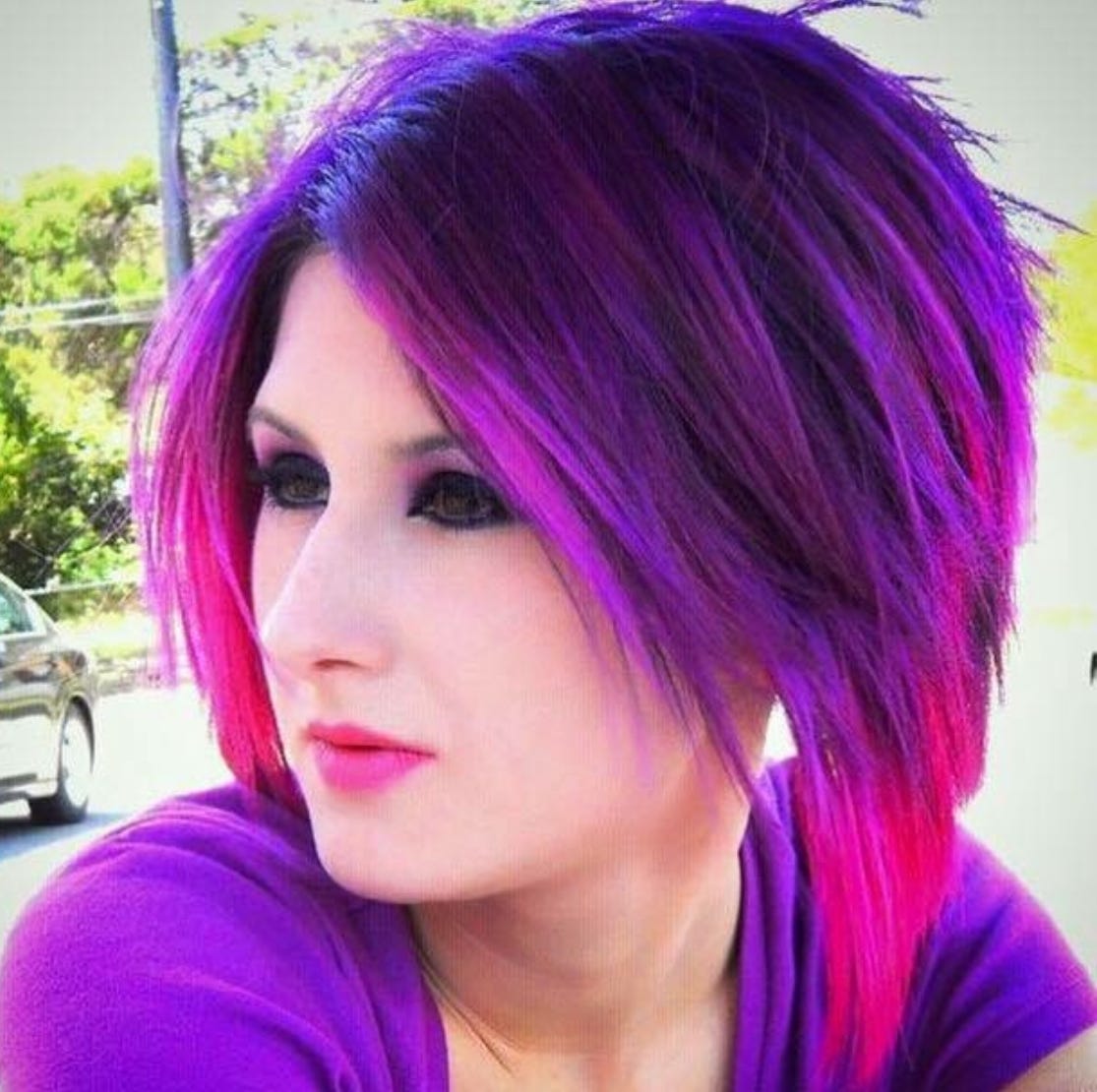Autistic Me: What I've Learned Since Being Diagnosed "with Autism" at the Age of 29
When I was diagnosed, I did not know myself. I only knew the projection I was trying to be.
When we know better, we do better - the story of my life.

I spent most of my life going about many things wrong (due to misunderstandings about my brain).
Although I am (and always have been) Autistic, I did not know this crucial fact about myself for many years, wreaking havoc on my life.
For almost the first thirty years of my life, I masked my Autistic traits because those around me had convinced me these traits were not there.
Pushing through (denying, hiding, and ignoring) over twenty-five years of regular headaches, migraines, vertigo, disorientation, physical pain, and overloads triggered by the unsupported differences that nobody knew I had.
In my head: “Nobody else is complaining about the lights, sounds, and smells—I’m sure everyone is extremely uncomfortable, and I’m just being a complainer”—as I’ve been called many times. “Better keep my discomfort to myself (no matter how bad it gets).”
People around me often didn’t understand when I was upset by things they wouldn’t be bothered by.
Meltdowns and other kinds of overloads didn’t make sense when I didn’t view myself through the lens of Autism. I didn’t understand my triggers, how to avoid them, soothe myself, or even what these overloads were.
Without this context, I became known as someone with a volatile temper who could be set off (like a bomb).
The pressures and stresses of the day would build, become too much, and then, eventually (when I could hold things together no more), I would erupt like a shaken soda bottle, hitting everyone around me.
As an adult, this explosive rage, fear, and anxiety became a significant source of shame, so I learned to conceal it, channeling all that anguish inward toward myself, shutting down, stifling, denying, and delaying my feelings.
Not knowing I was Autistic, I learned to act like I was okay even if I wasn’t (because of how little compassion others gave me whenever I was overwhelmed).
Other people felt I shouldn’t be overwhelmed, and I internalized their feelings about how I should feel.
I became a master of holding myself together, disassociating from my feelings, bottling them all up, ignoring them, or (when the feelings overcame me) running away to a private spot to vent my explosive emotions in private.
The Autistic Self Denied
Not understanding my brain for most of my life meant I was ashamed of my differences, especially my weaknesses.
For the past seven and a half years, I have been on a self-discovery journey, trying to unpack, evaluate, and release that shame.
I am on a mission to find my true self (who I was meant to be before I started becoming who society wanted me to be).
The denial of self is a massive part of my journey. It is as if I was lost and had to find and return to myself.
When I was diagnosed, I did not know myself. I only knew the projection I was trying to be.
Learning the truth about my brain was a key to a hidden door, opening the path to knowledge (and memories) I’d partitioned away. The self I thought I’d lost was still somewhere - buried but not dead. I just had to excavate them.
Paid subscribers have access to more of this post. Thanks to every one of you for supporting my work.
Keep reading with a 7-day free trial
Subscribe to NeuroDivergent Rebel’s Substack to keep reading this post and get 7 days of free access to the full post archives.





